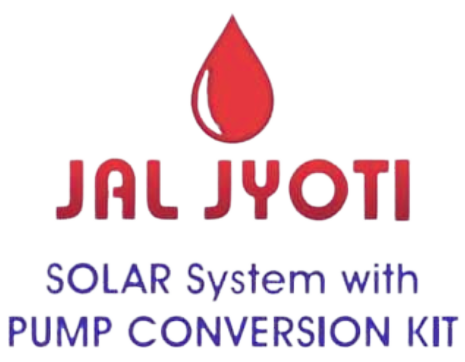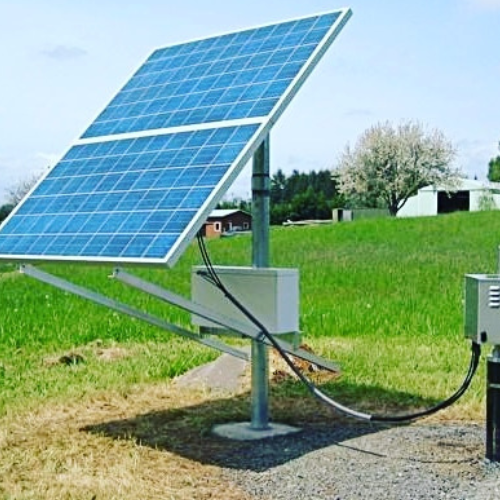In the modern world, where sustainable and eco-friendly solutions are becoming increasingly important, solar water pumps stand out as an efficient and environmentally friendly alternative for water management. These pumps utilize solar energy to draw water, making them ideal for agricultural, domestic, and industrial applications, especially in remote areas with limited access to electricity.
What is a Solar Water Pump?
A solar water pump is a device that uses energy from the sun to pump water. It typically consists of solar panels, a pump, a controller, and a storage tank. The solar panels convert sunlight into electricity, which then powers the pump to move water from a source such as a well, river, or lake to the desired location.
Types of Solar Water Pumps
- Surface Solar Pumps: These pumps are placed above the water source and are suitable for shallow water sources like ponds and lakes.
- Submersible Solar Pumps: These are installed below the water surface, making them ideal for deep wells and borehole
Benefits of Solar Water Pumps
- Environmentally Friendly: They reduce carbon footprints by utilizing renewable energy.
- Cost-Effective: After the initial setup cost, they incur minimal operating costs as they use free solar energy.
- Low Maintenance: These pumps have fewer moving parts, which translates to lower maintenance requirements.
- Reliable: Solar pumps are highly reliable in remote areas where electricity supply is inconsistent or unavailable.
- Versatile: They can be used for irrigation, livestock watering, and providing potable water.

